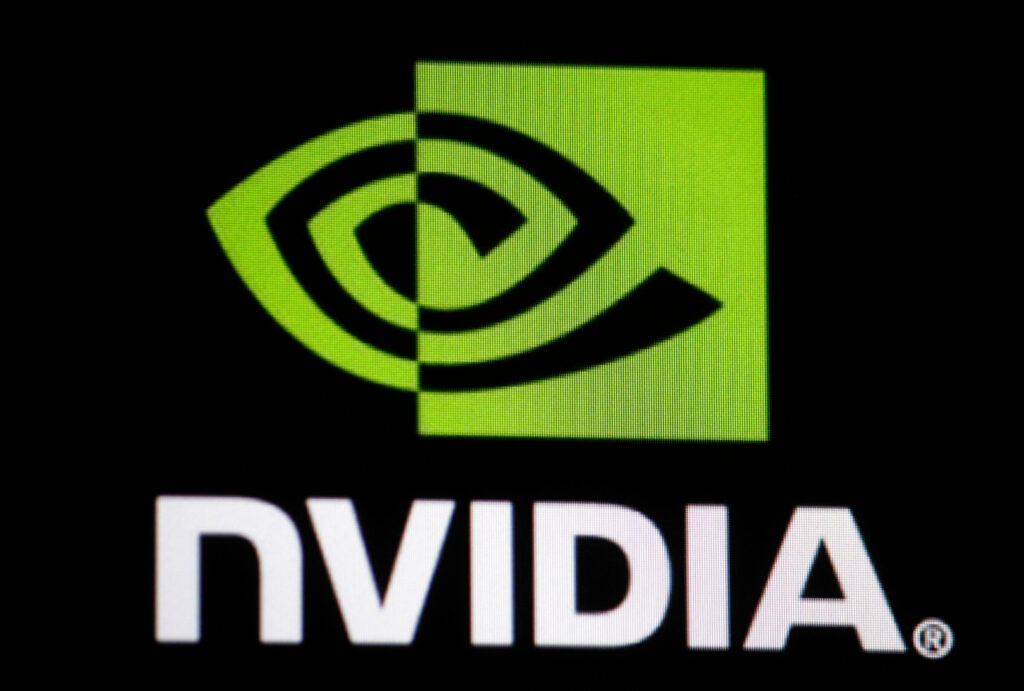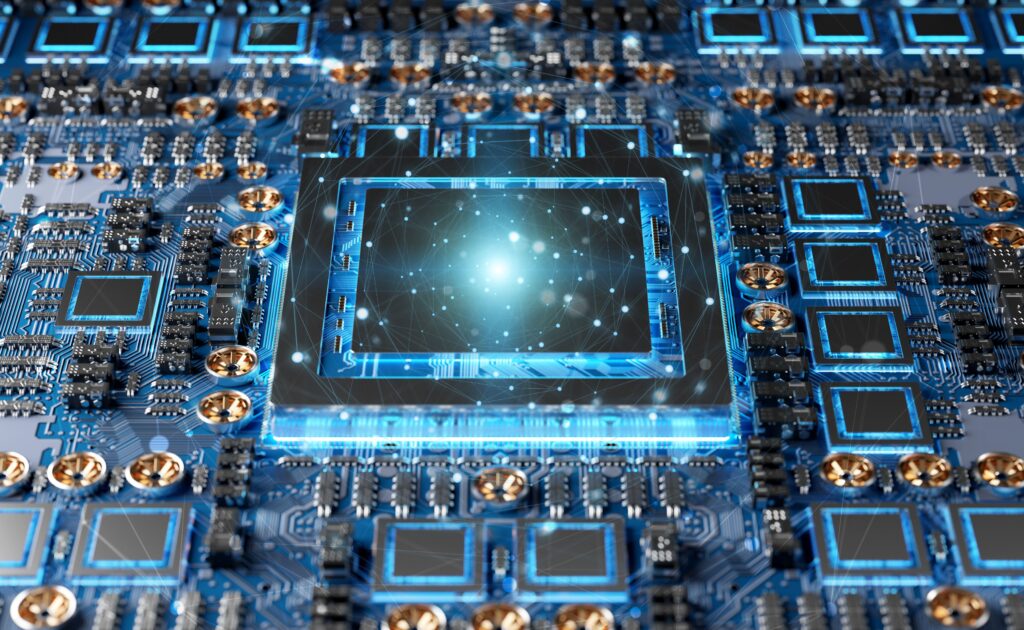
The Middle East’s “oil money” has also joined the competition to develop artificial intelligence (AI) technology led by the U.S. and China. As the battle for high-performance chips of the U.S. semiconductor company “Nvidia,” which is in short supply, is getting fiercer, Saudi Arabia and the United Arab Emirates (UAE), the two richest countries in the Gulf, have also begun mass purchases. Nvidia occupies 95% of the GPU market, which serves as the brain of AI.According to the Financial Times (FT), Saudi Arabia has signed an agreement with Nvidia to purchase at least 3,000 H100 chips through King Abdullah University. Orders will be delivered to Saudi Arabia by the end of this year. The H100, released last year, is an ultra-high-performance chip with a nine-fold improvement in learning speed compared to the lower version of the A100, and the price per unit is 40,000 dollars (about 53 million won). Saudi Arabia has invested a total of 120 million dollars (about 160 billion won).

UAE also bought thousands of Nvidia semiconductors to learn its own large-scale open language model ‘Palcon’.”Let’s speed up AI development” reveals ambitious plans of oil producing countries.The fact that rich countries in the Middle East have entered the war to secure NVIDIA chips is a strategy to speed up AI development before it is too late. The huge profits from the surge in international oil prices after Russia’s invasion of Ukraine last year also provided a strong basis. Saudi King Abdullah University, which has already secured more than 200 A100s, aims to operate the supercomputer “Shahin III” by the end of this year, and plans to build its own large-scale language model similar to the software used in Chat GPT soon. The UAE government, which established an AI-related department in 2017, also plans to prepare more large-scale language model-related applications and cloud services with the chips purchased this time, FT said.China is also moving faster. Tencent, Alibaba, Baidu, and ByteDance, China’s four major big tech companies, plan to order Nvidia semiconductors worth $1 billion within this year and $4 billion next year. The move is aimed at preoccupying high-performance chips that are not yet included in the U.S. semiconductor export regulations to China.As global competition heats up, Nvidia’s “body price” is soaring. In May, it surpassed USD 1 trillion (about KRW 1,338 trillion) in market capitalization for the first time as a semiconductor company, and its stock price soared more than 7% on the same day.There are also concerns about the possibility of “AI abuse” of the dictatorship.However, there are also considerable concerns about the possibility of abuse. This is because while the pace of AI development is accelerating, there are still no global guidelines in place to regulate it. FT pointed out, “Saudi and UAE have made ambitious plans to become leaders in the AI field, but there is also a risk that autocratic leaders in oil-producing countries will misuse this technology.” In other words, cyber hacking using AI technology can be used as an easy control tool for dictatorships, such as illegally monitoring human rights groups and journalists who are a thorn in the side.Some point out that the actual development of AI will hinder democracy. Jeffrey Hinton, a professor at Toronto University who has studied AI for more than 50 years, said in an interview with the New York Times in May, “Unlike nuclear weapons, there is no way to know AI from the outside.”
TED PARK
US ASIA JOURNAL



